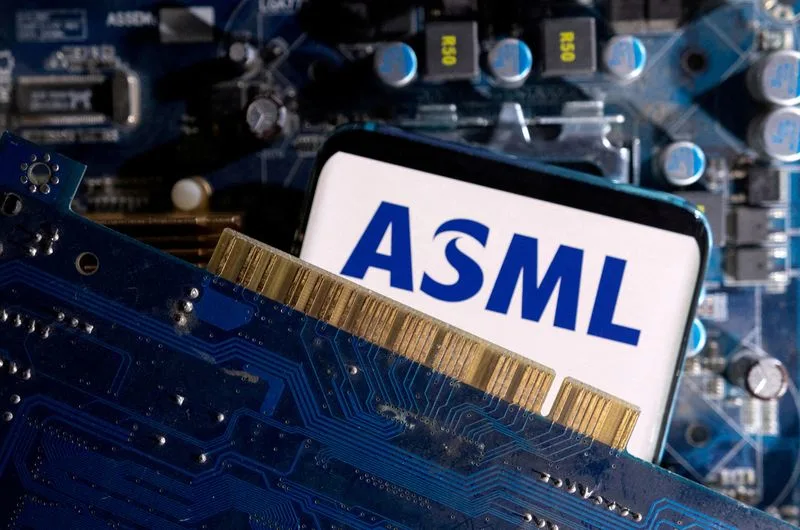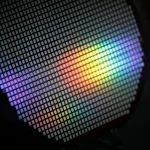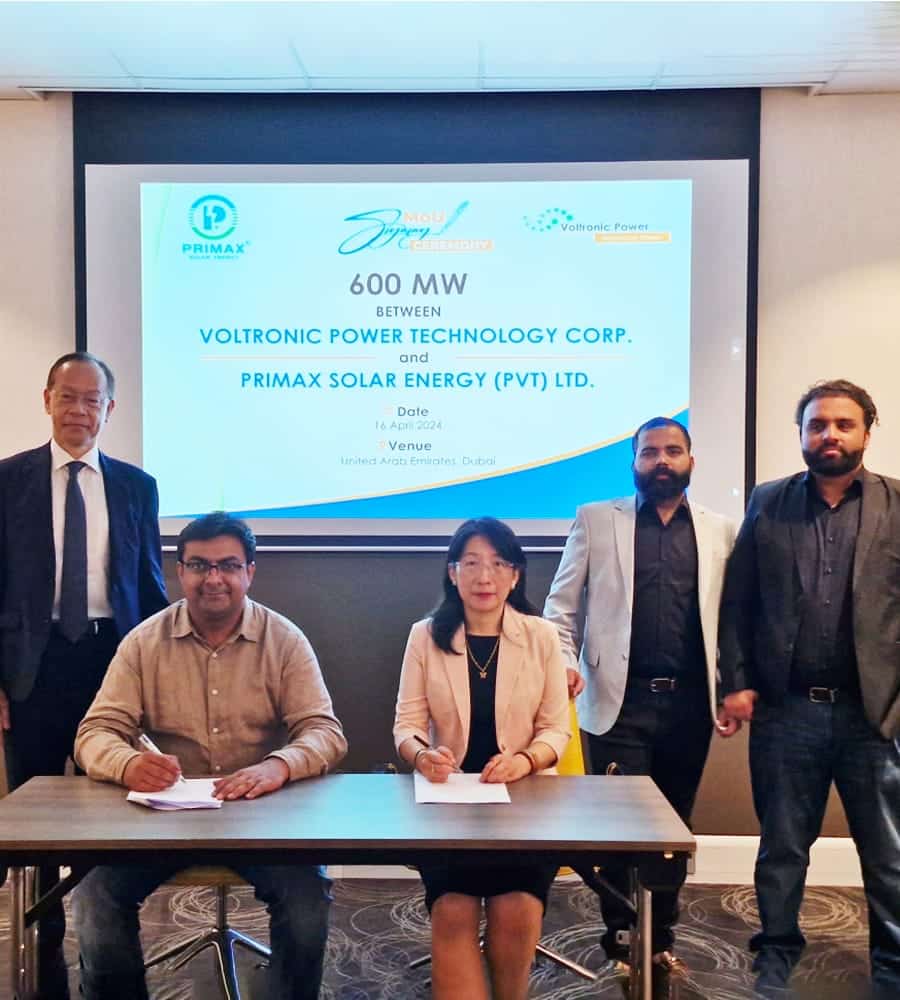In a recent statement, ASML CEO Peter Wennink shared his views on the growing restrictions imposed by the US on exports to China, labeling them as “economically motivated.” ASML, a Dutch semiconductor company, is one of the world’s leading suppliers of photolithography systems used in manufacturing advanced microchips, making it a key player in the global tech supply chain.

With the US government’s tightening of restrictions on Chinese access to advanced semiconductor technology, including ASML’s machines, Wennink’s comments shed light on the economic and strategic factors at play in this complex geopolitical landscape. His remarks also come at a time when tensions between the US and China are escalating, particularly in the tech sector, with semiconductors being a central battleground.
A Strategic Move, Not Just Security Concerns
When the US first initiated its restrictions on advanced semiconductor technologies, the official narrative centered on national security. The US government has long expressed concerns about China potentially using high-end chips for military purposes, including artificial intelligence (AI) applications in defense.
However, Wennink suggests there is more to the story than just security concerns. “It’s clear that this is economically motivated,” Wennink stated. He went on to explain that limiting China’s access to crucial technologies could hinder its ability to dominate industries like AI, 5G, and autonomous vehicles, giving US companies a competitive edge.
This perspective is supported by the broader context of the US-China tech war, where both nations are vying for dominance in cutting-edge industries. By restricting China’s access to advanced chip-making technology, the US can effectively slow down its technological advancements, thereby maintaining its leadership in key industries.
The Impact on Global Supply Chains
ASML plays a critical role in the semiconductor supply chain, providing essential equipment that enables companies to produce advanced microchips. These chips power everything from smartphones to AI systems, making ASML a crucial player in the tech ecosystem.
The export restrictions have created ripples throughout the global supply chain, as China is one of the largest consumers of semiconductors. Wennink pointed out that limiting China’s access to ASML’s technology has significant economic implications not just for China but for the global tech industry as a whole. The reduced flow of advanced chips to China could lead to disruptions in manufacturing and slow innovation in various sectors, from consumer electronics to automotive industries.
“China is a very big player in the global economy. These restrictions don’t just affect them; they affect everyone in the supply chain,” Wennink said.
A Risky Balancing Act for ASML
For ASML, navigating the turbulent waters of US-China relations has become increasingly challenging. The company, which relies heavily on sales to China, has already faced setbacks due to US pressure. In 2019, ASML was blocked from selling its most advanced EUV lithography machines to China, a move that cost the company a substantial portion of its revenue.
However, Wennink has made it clear that ASML is committed to adhering to the regulations imposed by the US government, even if it means taking a hit to the company’s bottom line. “We have to follow the rules. But it’s also important to understand the broader economic and political context behind these rules,” he explained.
This balancing act is likely to become even more precarious as the US tightens its restrictions further. The Biden administration has been ramping up its efforts to curb China’s access to high-tech goods, including semiconductors, by encouraging allies like the Netherlands and Japan to impose similar restrictions. For ASML, which has a near monopoly on advanced lithography equipment, these developments could have long-term implications for its business strategy.
China’s Response and the Global Tech Landscape
China has not remained silent in the face of these restrictions. The Chinese government has been accelerating efforts to achieve technological self-sufficiency, investing heavily in domestic semiconductor production. However, achieving parity with the US and its allies in advanced chip-making technologies will take time, especially without access to ASML’s cutting-edge machines.
Wennink pointed out that while China is making progress, the road to self-sufficiency is long and uncertain. “China is investing a lot in its semiconductor industry, but the reality is that building an ecosystem like this takes years, even decades,” he said.
As the tech rivalry between the US and China continues to escalate, companies like ASML are caught in the middle, navigating a rapidly changing geopolitical landscape while trying to maintain their market positions. The semiconductor industry, which is already facing shortages and supply chain disruptions, could see further turbulence as these export restrictions intensify.
The Future of Global Semiconductor Trade
Looking ahead, Wennink remains cautiously optimistic about ASML’s ability to adapt to the changing market conditions. While the company will likely face more challenges as the US expands its export restrictions, Wennink believes that ASML’s technological leadership and innovation will continue to drive growth.
However, he also warned that these restrictions could have unintended consequences for the global semiconductor industry. “If the goal is to maintain a competitive edge, we need to ensure that the broader industry isn’t harmed in the process,” he concluded.
In the coming years, the semiconductor sector will continue to be a focal point of the US-China tech war, and companies like ASML will play a pivotal role in shaping the future of this industry.
For more insights on the latest developments in technology and global trade, visit Digital Digest.






